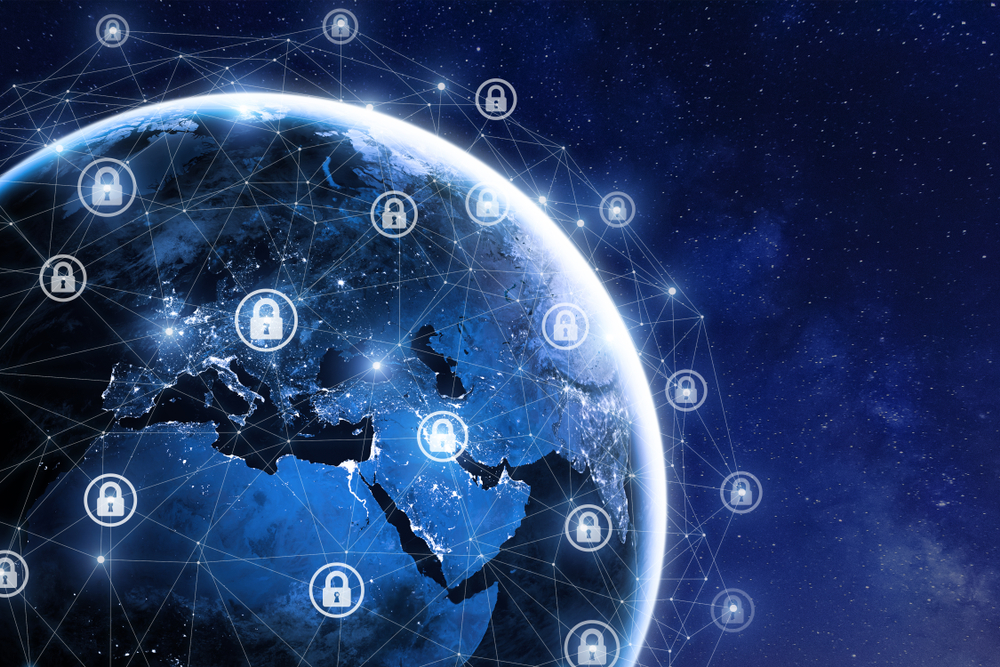Joined forces
The G20 has publicly called for full implementation of FATF standards around the world, yet much more must be done to tackle money laundering and take the profits
out of crime
INTERPOL’s strategic engagement with the G7 dates back to 2016, during the presidency of Japan. INTERPOL briefed the G7’s Roma Lyon Group on the organisation’s operational capabilities, including I-24/7, its secure global communication network enabling the secure exchange of sensitive law enforcement information on crime and criminals.
At that time, the Roma Lyon Group recognised and supported the unique role of INTERPOL in detecting and intercepting the cross-border movement of foreign terrorist fighters. Since then, INTERPOL has regularly briefed this important framework on matters related to global security at both the working and decision-making levels of the G7 interior ministers’ meetings.
In parallel, G7 partners have been instrumental in supporting the implementation of INTERPOL initiatives around the world, specifically those aimed at ensuring access to I-24/7 to front-line officers at border crossing points in countries particularly affected by terrorist and transnational criminal activities. Here, the G7 interior ministers have also underlined the need for enhanced military-to-law enforcement data collection, transfer and analysis via INTERPOL.
Holding details of nearly 60,000 foreign terrorist fighters – including information gathered from the conflict zones – INTERPOL is the world’s largest repository of such data, which could prove essential in identifying returnees.
Many of the FTF profiles shared via INTERPOL include biometric data such as photos, fingerprints and DNA profiles. In total, INTERPOL’s 18 global databases contain more than 100 million records, which are checked nearly 10 million times every day.
Since the G7 endorsed the INTERPOL Global Task Force on Human Trafficking in 2018, INTERPOL has coordinated operations around the world, leading to the rescue of thousands of victims of this multi-billion-dollar form of modern day slavery.
In just one week-long operation this year involving authorities in Africa and Europe, Operation Weka resulted in nearly 500 victims of human trafficking – including children – being rescued and some 195 offenders arrested.
An operation in April targeting firearms trafficking across South America saw the arrest of almost 4,000 suspects across all 13 South American countries, with some 200,000 illicit firearms, parts, components, ammunition and explosives recovered.
A PARALLEL CRIME PANDEMIC
In 2020, the world found itself confronted by COVID-19, a public health crisis with far-reaching and deep effects on all aspects of life, including security. In fact, we have seen a parallel crime pandemic.
There has been a significant increase in cyberthreats such as malware and ransomware as well as the sale of fake and counterfeit products linked to the pandemic including personal protective equipment and medicines.
As vaccination programmes are rolled out around the world, we now see criminal organisations manufacturing and distributing fake vaccines. INTERPOL recently assisted in dismantling one such network.
The organised crime threat, especially in relation to vaccines, combined with international terrorism and cybercrime, has created a criminal situation that is unprecedentedly dynamic, and requires a global response that INTERPOL is uniquely positioned to coordinate.
INTERPOL’s assessment of the current global threat landscape and COVID-19–linked criminal and terrorist trends aligns with the policy priorities and security strategic objectives set by this year’s G7 UK presidency.
These include strengthening resilience against online harms that have been driven by the pandemic, reducing serious and organised crime and supporting economic security, and championing global action to combat threats to national and border security.
Although COVID-19 has presented new challenges, it has also made us more innovative, more resilient and more adaptive. Crime and criminals do not conform to confinement.
No country and no region can fight crime and terrorism in isolation. As the world recovers from the pandemic, economic priorities will be established to support stabilisation. However, at the same time, support for law enforcement must not be
left to one side.
On behalf of the global law enforcement community, INTERPOL will continue to coordinate closely with the G7, G20 and all other multilateral forums to make the world a safer and more prosperous place.












